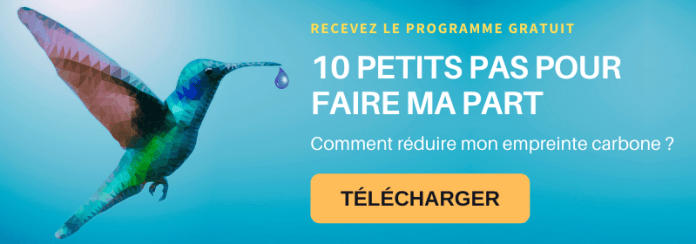The debate is closed. Climate skeptics are silent and scientists repeat in unison that global warming must be limited to below 2°C (the figure of 1.5 °C is no longer realistic!). Otherwise the consequences of global warming will be devastating, not for the planet itself, but for man and nature.
In recent times, we have seen that natural disasters are on the increase. Climate change obliges, life on Earth is already significantly impacted and will continue to change in the years and decades to come.
Can we cope? Has humanity the ability to adapt on terms she still has trouble imagining?
Disappointing tomorrows
For a quarter of a century, the IPCC warned us but, on the side of world leaders, nothing has been done… or very little. Although emissions from greenhouse gas began to drop tomorrow morning (yes, it continues to rise in 2021), the devastating effects of global warming on biodiversity and humanity are accelerating and becoming more and more concrete.
For this eleventh and last episode of the Café climat series, I wanted to take advantage of the insights of recognized specialists in the matter, Jean-Marc Jancovici and Pablo Servigne.
In a conference given in Geneva, the engineer and energy specialist Jean-Marc Jancoviciauthor of the famous Sleep well until 2100explained the situation in Europe and the probable consequences of global warming for humanity.
Twentieth-century Europe offered climatic conditions so that large plant species how trees can grow. This means that the climate was sufficiently humid and mild and neither too cold nor too hot for vegetation to thrive.
20,000 years ago, the situation was very different in Europe. The climate was much colder and much drier due to the influence of the solar system.
The consequences of global warming
Earth’s orbit is not constant over time because we are pulled by Jupiter and Saturn. It is this irregularity in the orbit of our planet that has caused the major glacial cycles over the past three million years.
There was a transfer of water from the ocean, the level of which gradually dropped by 120 m. A thick layer of ice formed to completely cover northern territories such as Scandinavia, the United Kingdom and Greenland.
To go from the Europe of 20,000 years ago to today’s Europe, we understand that the planet has warmed up. But this massive transformation is due to global warming of the order of only 4 to 5 degrees in 10,000 years.
We must now compare this to the current risk of global warming of 4 degrees in a century. This will produce a such upheaval in living conditions existing and such deficiencies on the basic human needs (particularly in terms of food) that the consequences are difficult to anticipate.
The only thing that is certain is that the stability of the world will not withstand it and that the conditions of life (survival?) for man will become chaotic.
The canoe metaphor
For Pablo Servignethe author of how everything can fall apart, the finding is more or less the same. He argues that the type of situation we find ourselves in always leads to three things: war, disease and famine.
And he even says: the three are interconnected and feed off each other. We won’t be able to unravel all the causes but it always ends like this!”
Servigne confirms that the consequences of global warming are not unfortunate, they are fatal. However, eager to give meaning and hope, he compares the crisis we are experiencing to a boat driven, at full speed, towards a huge waterfall…
” Imagine that we are in a canoe, we see that it is accelerating, it is moving, we can no longer row backwards, it is too late and in front, 200 m away, there is a gigantic fall, the great void … Terror and bewilderment in the canoe. On the other hand, there is someone in the canoe (it is the IPCC) who says “look there on the left, there is still a small rock. We can hope to cling to it if we all row together now, fully and in a coordinated way. All together, of course, means all of humanity.”
Irreversible warming
The conclusion is that we don’t know exactly what awaits us, we just know that it will get worse and worse. The sooner we start to massively reduce emissions from greenhouse gas (CO2, methane, nitrous oxide, etc.), the more we limit the terrible consequences of global warming for humanity.
The engineer and energy specialist Jean-Marc Jancovici explains it very clearly in its many conferences relayed on YouTube : “ climate change has such inertia that climate evolutions are already written for the next 20 years. »
Even stopping all greenhouse gas emissions tomorrow morning, the planet would continue to heat up at high speed for the next 20 years! In other words, it is already too late to act on the consequences of global warming over the next two decades.
This topic comes to an end the Climate Café series that I had the pleasure of carrying out with an objective above all educational.
If you liked this series of articles and videos and it allowed you to better understand climate issuesshare it without moderation because, in terms of the environment as in all areas, knowledge is always the first step towards action.


















